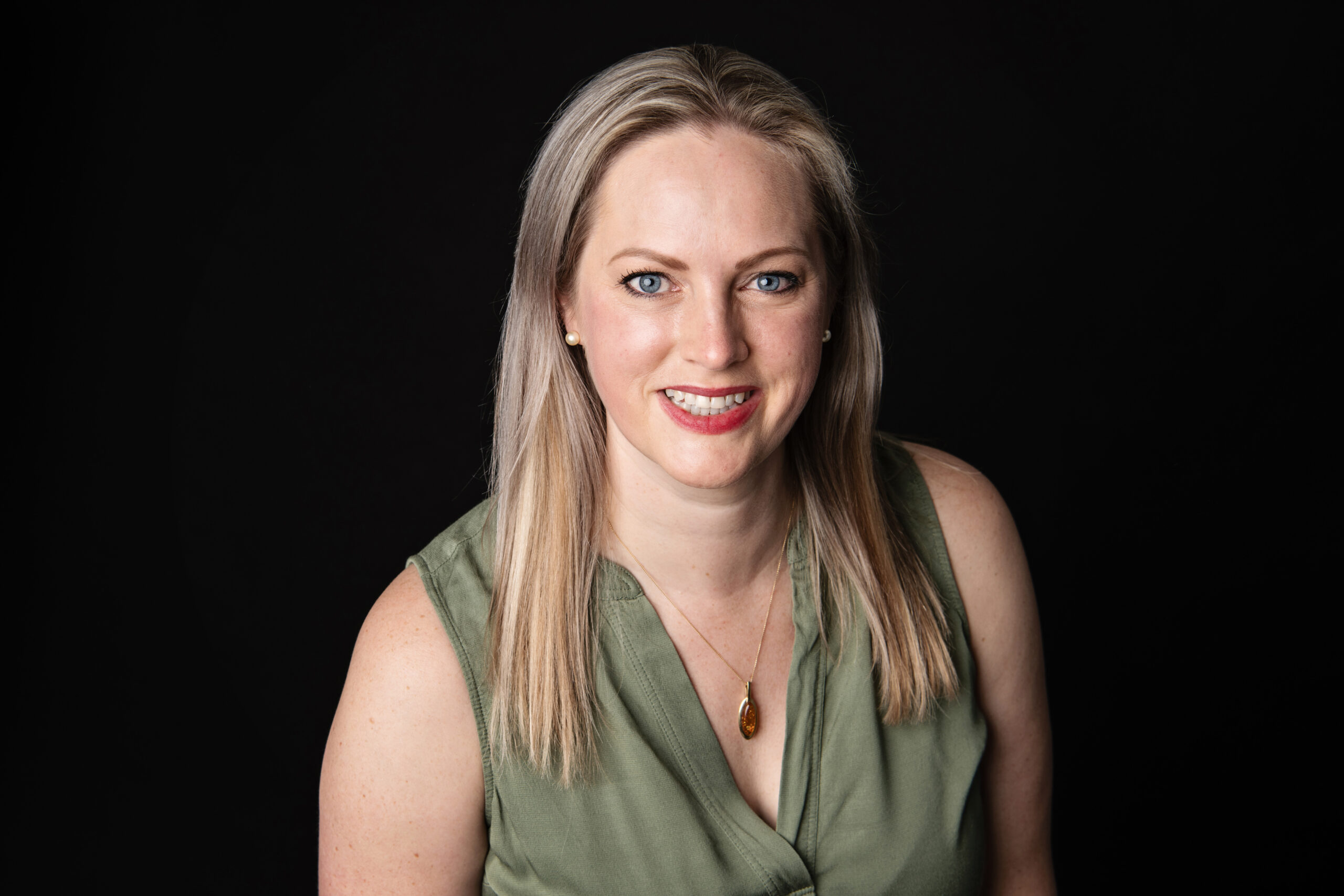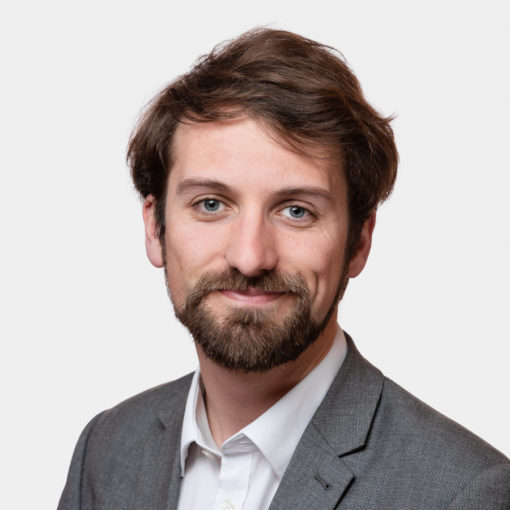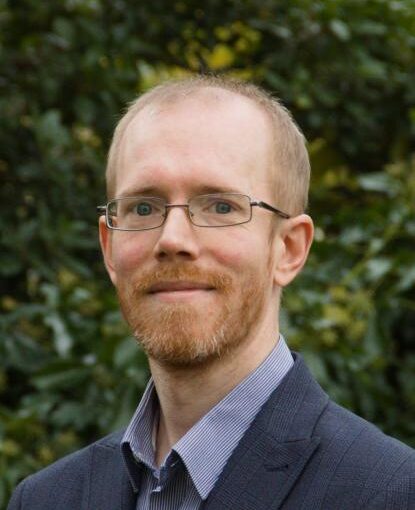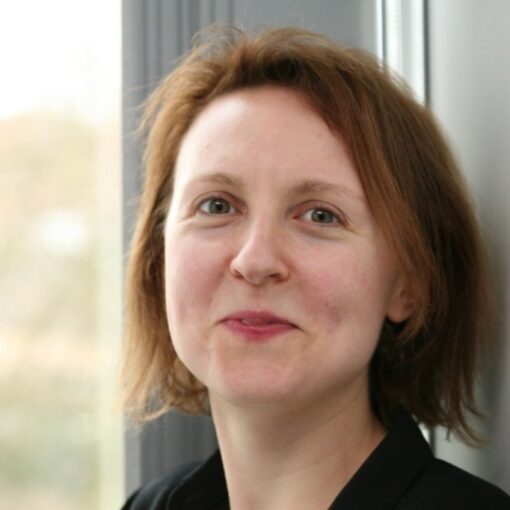PhD in Medicine, University of Amsterdam (2014)
| Associate | |
|---|---|
| Genesis Analytics | |
Year entered into a non-academic position: 2017
Job highlight: I am active in improving public health, and the work I am part of has direct effects in society
My research training set me up to… persevere and be confident in my abilities
Left academia after: Being the research manager for a University consortium, then pursuing an MBA full-time.
What’s your background?
I am an eternal student! I completed my PhD in medicine and then returned to South Africa to continue research as the research manager of the Ndlovu Research Consortium. I wanted to continue my development and pursued an MBA through the Gordon Institute of Business Science. I then joined a clinical trials company that supports the research and development, pharmaceutical, and biotechnology sectors. From there I joined Genesis Analytics as an Associate in 2020. I have recently completed a Masters in Public Health (an MPH), and am also pursuing a certificate in health economics.
Why did you move away from academia?
My passion has always been public health. Even my PhD research was to develop monitoring tools that could be applied in a real-world setting. Working for a consulting firm that is actively involved in developing solutions that directly benefit the health of people enables me to continue this passion.
Is there anything you miss about academia?
The students. It is fascinating to hear the ideas of new blood entering the research world. They bring such different perspectives, and I gained so much from experiencing their thinking.
How did you get this job? Did you face any challenges when considering a move away from academia or applying for the role?
I applied a few times to the firm with no success, but finally managed to get short-listed! There was definite hesitation in my interview.
I think for anyone who has not done a PhD they do not realize the experience you gain in project management, budgeting, tight deadlines, dedication, creative thinking, problem solving, etc., so you really need to sell these aspects of yourself.
What motivated you to/why did you choose the sector you transitioned into?
During my MBA I came across the firm, and when I read what they did I realized that they aligned with my personal beliefs and goals in life.
Did you think you had the skills required for your current position before you started? Were you right?
Yes, and yes. A PhD is not just putting complicated jargon down on paper. You develop and use a broad set of skills that can easily be transferred into the fast-paced consulting environment.
How did your PhD prepare you for your current job? For example, what were the transferable skills that you developed during your PhD that are most relevant to your current job?
A PhD is a massive undertaking that takes meticulous planning and management. You develop skills key to project management: with fixed funds you become a master of managing a budget, with constant challenges you develop excellent problem-solving and creative thinking skills, and most of all you develop the ability to persevere. As a bonus, the knowledge of a broad variety of public health topics I have acquired during my studies has also given me an edge.
Did you have any preconceptions about your sector that proved to be wrong?
No, I did a lot of research before applying.
Can you describe a typical week in your job?
Every week is different! But common activities are team meetings to check in on project progress, data collection and analysis, reviewing and writing reports, meeting with clients, reviewing and monitoring project financials, scanning for future project opportunities, writing proposals, as well as continued professional development and training.
What is the workplace culture like? Please include comments on work-life balance, flexibility, remote working?
The firm is really dedicated to ensuring that all members of the team feel valued, respected, and safe. We have regular team check-ins and monthly social events. Work-life balance is a key focus, and managers routinely monitor capacity to ensure time is well balanced. We are currently working remotely due to COVID, though we do have days assigned that we go into the office. There is some flexibility to our working schedule, with dedicated hours that you need to be available.
Do people with a PhD frequently get hired in the company/sector?
It is not a requirement, though there are a few around.
What are your favourite parts of your job?
The diversity of the projects, and being part of work that has real life application.
What are your reflections on your career path?
I am a strong believer that everything has its time and place. I do wish that I had started in consulting sooner as it is sometimes frustrating being junior again when I have previously had more senior positions, but I have also had really great experiences along the path that I have followed.
Do you have any advice for current graduate students and postdocs considering a career outside of academia?
Academia is not the only place to conduct research. You can still add to valuable knowledge development through other channels. You need to be active in researching what companies are working in your field, follow their activities on LinkedIn, reach out to people working there and ask them about their experiences. When joining a company make sure that they align with you too. You will be dedicating a lot of your time and it should be worth it.
What do you know now that you wish you’d known when exploring a transition?
It is actually true that you can love what you do! Being part of a team that is supportive and dedicated is extremely rewarding. But it is important to find the place that is right for you, and therein lies the trick!
 The purpose of Genesis Analytics is to unlock value in Africa. We use our analytical capabilities to improve decision-making and, through better decisions, find solutions and unlock substantial value for our clients and society. We are a global African firm that use our analytic skills, and technical expertise to achieve clarity for decision-makers.
The purpose of Genesis Analytics is to unlock value in Africa. We use our analytical capabilities to improve decision-making and, through better decisions, find solutions and unlock substantial value for our clients and society. We are a global African firm that use our analytic skills, and technical expertise to achieve clarity for decision-makers.
We work across various domains, including competition and regulatory economics, financial services strategy; climate finance; digital economics; agriculture and agribusiness; behavioural solutions; health; human development; monitoring, evaluation and learning; shared value and impact. We often combine our areas of expertise to craft solutions that recognise the multifaceted nature of our clients’ challenges and opportunities.
Our goal is to recruit and build an exceptional cadre of professionals who are passionate about unlocking value on the continent. Successful candidates are placed into a niche practice area that best suits their skill set, interests and personal capability. We recruit at both a graduate (honours/masters) and experienced hire level. We also offer bursaries for South African economics students from previously disadvantaged backgrounds, to pursue their studies to master’s level, as well as internships.
We have a structured internship programme for all our bursary students. However, as project requirements change regularly, we encourage all interested students to submit applications for internships. Internships usually take place bi-annually from May to July, and again from October to December. Internships are ideal for top-performing students who are ready for a real-life business experience in an energetic and highly deadline-driven environment.
For more information, visit https://www.genesis-analytics.com/





